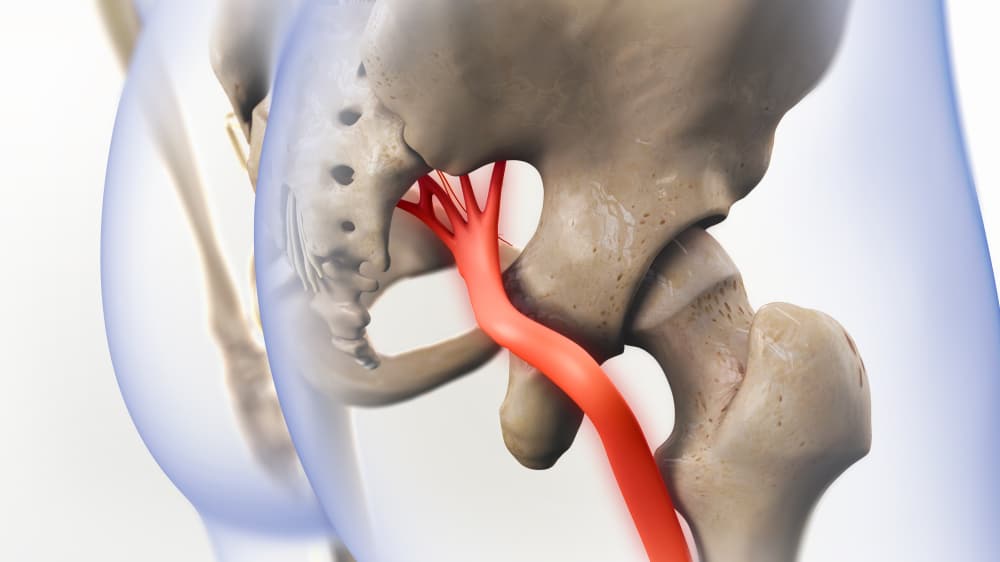If you’ve recently been in a car accident, the first injuries you may worry about are things like broken bones, whiplash, or cuts and bruises. While these are all common, another common injury often isn’t thought about: pinched nerves. While a pinch sounds mild, these injuries can actually be severe and require the care of a spine specialist. A pinched nerve happens when there is too much pressure on a specific nerve from surrounding muscles, tissues, bones, or tendons. This condition can be painful and very serious, so it’s important to understand how to identify a pinched nerve and when you need to seek care.
Causes of Pinched Nerves
Nerves are responsible for sending messages throughout our bodies in the form of electrical impulses. When these nerves are damaged, this messaging system is impeded and important processes in our bodies fail to function. Different types of nerves perform different functions that are important to day-to-day activity. Motor nerves allow us to move, sending instructions from the brain to other parts of the body; sensory nerves send messages back to the brain, such as when we touch something hot or cold; autonomic nerves control functions such as digestion, heart rate, and breathing that are important to keeping a body functioning properly.
In a car accident, different nerves can be pinched depending on the type of impact. The common condition of whiplash can even involve nerve damage near the head and the neck, or a severe enough laceration can damage nerves near the injury. The blunt force trauma associated with impact can also lead to a compressed nerve, or a sprain in the neck that pinches surrounding nerves. Any part of your body that that is hit against a hard surface is susceptible to nerve damage caused by this blunt force.
Nerve damage can also result from bone and spine injuries, such as a broken or dislocated bone that shifts in such a way it pinches a nerve. Herniated discs, or slipped discs, are also a common condition where a large amount of pressure is placed on the spine.
Signs of a Pinched Nerve
Often after a car accident, symptoms of injuries may not appear for hours or even days, when the adrenaline wears off. Pinched nerves can often begin to appear after the initial impact has occurred. Even in this case, it is important to seek help from a spine specialist if you may have a pinched nerve.
Pain is common after a crash and can come from a number of injuries, including a pinched nerve. Rather than pain, you may also experience numbness or tingling in a body part- like when your foot falls asleep. This is also a sign of a pinched nerve that may come and go or become consistent over time. An escalation of this symptom may be paralysis or loss of motion that can be cause for alarm.
You may also notice twitching or spasms that are caused by a pinched nerve. These may be noticeable or simply something you feel, but both are signs of a problem. Skin can also become very sensitive in these areas, particularly in response to extreme temperatures.
Common locations of nerve damage after an accident may be the lower or middle back, neck and shoulders, hands, and feet. Often there will not be visible evidence of the nerve damage as there is with other injuries, so it is important to pay attention to other symptoms that may alert you to an issue.
Treating a Pinched Nerve
If you have recently been in a car accident and think you may be suffering from a pinched nerve, a spine specialist can offer relief. At AICA Orthopedics, our multidisciplinary specialists are experienced in these common injuries related to car crashes. We take a holistic approach to your healing, using advanced diagnostic tools, personalized care, and physical and massage therapy to help you find relief from pinched nerve pain.
You don’t have to live with the pain of a pinched nerve or hope for it to resolve itself. If you experience spinal pain or the symptoms mentioned above, contact AICA Orthopedics today to learn more about treatment options that are customized for your body’s needs.





